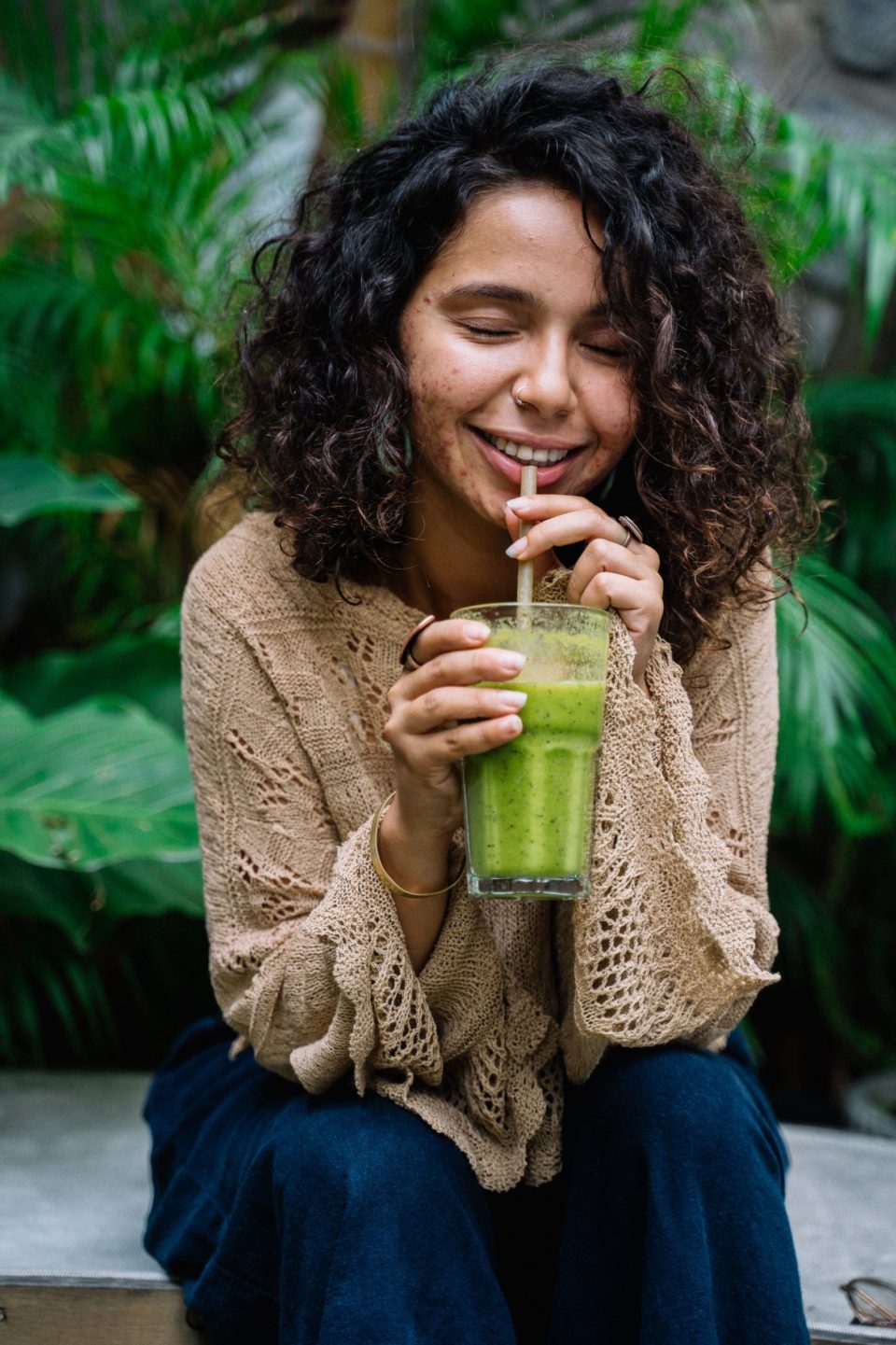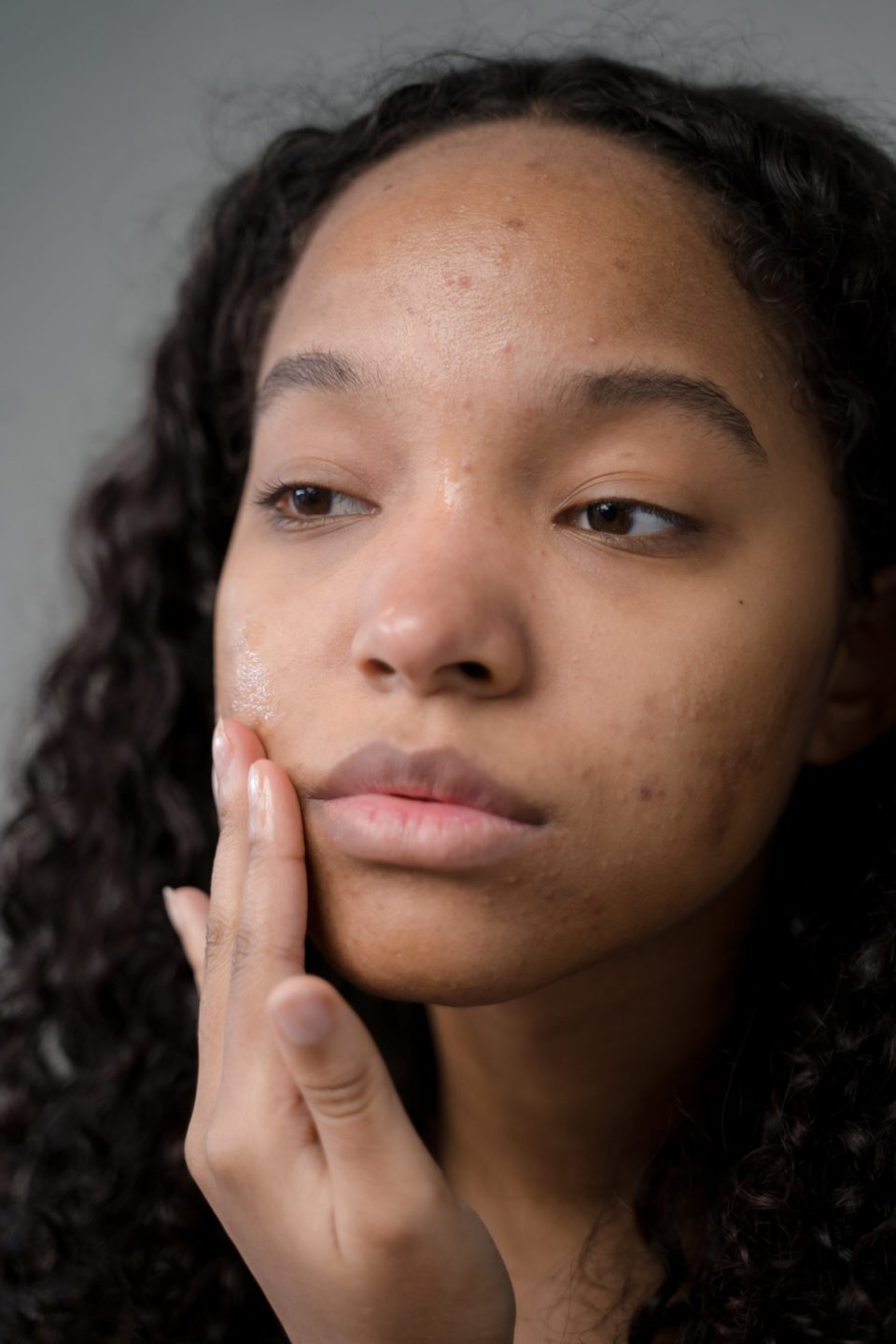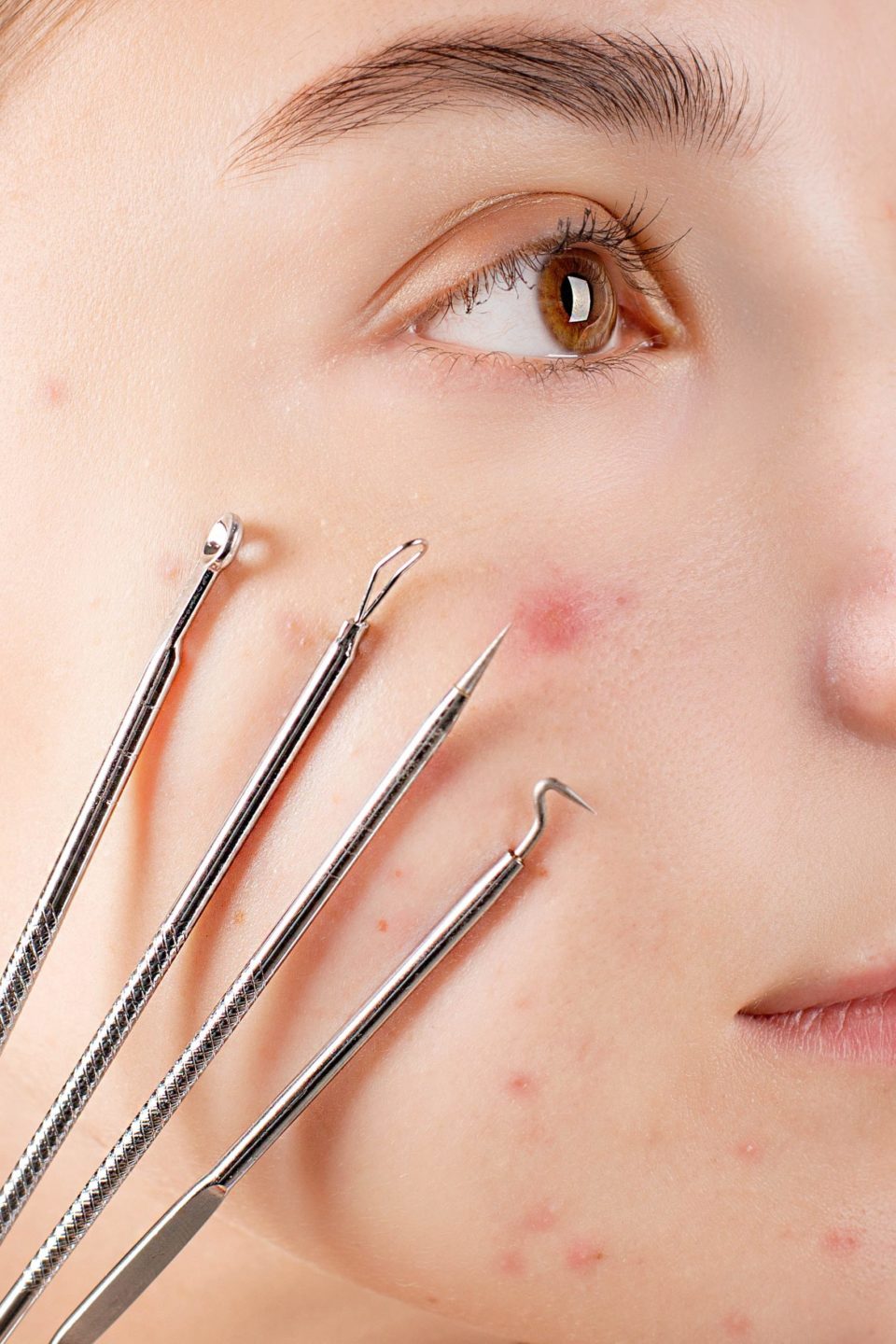Acne is a type of skin condition that causes the dreaded pimples and blackheads. This happens through inflammation that affects the sebaceous glands and follicles in different areas of the body. But after all, what can cause acne? The answer is simple: different factors, ranging from genetics to diet, lifestyle, and hormonal changes such as the use of contraceptives.

Photo: Pexels
To fight acne, there are several treatments, products and even habits we can adopt. However, in order to understand what is most recommended for your skin type and acne, it is very important to consult a dermatologist, okay?
Healthy Habits

Photo: Pexels
On a daily basis, it is important to maintain a balanced diet, besides keeping the skin and body hydrated with an adequate intake of water (around 3 liters) and, of course, also maintaining a regular physical activity routine.
Daily Cleansing
In your skincare routine, try to include products that are specific to your skin type and non-comedogenic, i.e., that will not clog pores or make your skin oily.

Photo: Pexels
Keep cleansing your skin in the morning and just before bedtime, removing all previously used products with a cleanser and then with a facial soap – liquid, foam or gel.
In excess, or with inadequate products, cleansing can cause a rebound effect on the skin, leaving it even oilier and with more acne.
Hydration

Photo: Pexels
Even oily and/or acne-prone skin needs moisturizing – and that has nothing to do with making it oilier. With the right product, you can keep your skin moisturized to the right extent! Just choose oil-free products with a more comfortable texture for this type of skin, such as gel, gel-cream, or serum products.
Sun Protection
Don’t forget to protect your skin too, after all, blackheads and pimples can leave stains and marks on the skin – and they can darken if the skin is exposed to the sun without protection. Choose a sunscreen with a dry touch and sebum-regulating actives, so you guarantee skin protection and treatment at the same time.

Photo: Pexels
In addition, another option is to choose a sunscreen with color and that even presents whitening action, so you can already reduce the color of some spots that were left on the skin and still avoid the appearance of new ones.
Acids
Some acids can help treat acne. They are:

Photo: Pexels
- Glycolic Acid, to keep pores free of sebum, excess keratin and dead cells. This acid helps to lighten pimples spots and even prevents the formation of new acnes;
- Salicylic Acid, gently exfoliates the skin, helping to remove surface impurities. This acid unclogs the pores and helps to improve the appearance of blackheads, thus preventing the formation of new lesions;
- Mandelic Acid, has fungicidal and antibacterial action, helping to control and prevent oiliness and the formation of new acnes. In addition, it has high hydration power.
Excess of Products

Photo: Pexels
Prefer to follow a skincare routine with few steps, but equally effective, so you avoid overloading your skin with numerous products. This can end up clogging the pores and consequently increasing the production of sebum and even causing the appearance of more pimples and blackheads.
Treatments

Photo: Pexels
Some treatments can be effective in helping to control blackheads and pimples, as well as removing those dreaded spots that have been left behind. Skin cleansing and the use of technologies such as lasers, pulsed light, and phototherapy can help improve the skin – especially when combined with other conventional treatments, i.e., the use of specific products.
So, how do you take care of your acne? What has helped you the most in this process?









